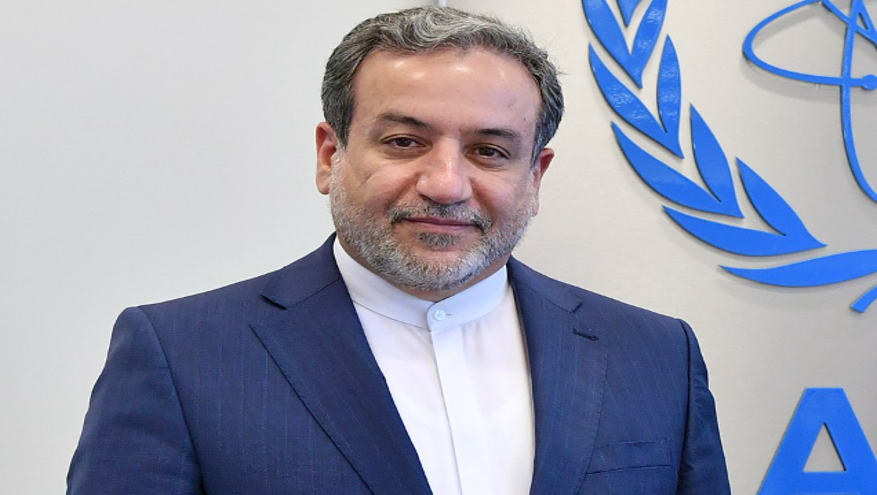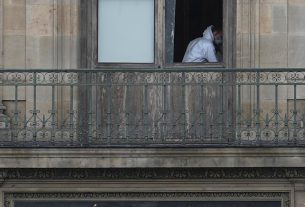Iran has accused the United States of engaging in “contradictory behavior and provocative statements” just days before scheduled nuclear talks in Rome. This escalation follows recent U.S. sanctions targeting Iranian oil and petrochemical entities and warnings from U.S. Defense Secretary Pete Hegseth regarding Iran’s support for Yemen’s Houthi rebels. Washington asserts that Iran-backed Houthis have intensified attacks in the Red Sea, prompting U.S. airstrikes against Houthi targets since mid-March.
Iran denies directing the Houthis and maintains their independence. Foreign Ministry spokesman Esmaeil Baghaei criticized the U.S. for lacking seriousness and goodwill in pursuing diplomacy. Despite tensions, ongoing nuclear talks—mediated by Oman—have been described as productive by both sides. President Donald Trump, who previously withdrew the U.S. from the 2015 nuclear agreement, has threatened military action unless Iran consents to a new deal.
The fourth round of nuclear talks, initially scheduled for May 3 in Rome, has been postponed, with a new date contingent on the U.S.’s approach, according to a senior Iranian official. The official criticized continued U.S. sanctions during negotiations, claiming they hinder diplomatic progress. Although Oman cited logistical reasons for the delay, a U.S. source noted that Washington had never confirmed participation. Tensions have escalated following the U.S.’s recent sanctions targeting Iran’s oil trade and statements warning of consequences for Iran’s support of Yemen’s Houthi rebels. Iranian officials condemned these actions as contradictory and provocative. Despite the strained atmosphere, Iran remains committed to pursuing outcome-driven negotiations. U.S. President Donald Trump, who reinstated a “maximum pressure” campaign and exited the 2015 nuclear deal during his first term, has expressed confidence in securing a new agreement to prevent Iran from developing nuclear weapons. Meanwhile, Iran has significantly exceeded the uranium enrichment limits set in the 2015 pact, although it maintains its nuclear program is peaceful.
A meeting between Iran and European powers scheduled for May 2 in Rome is also uncertain amid the evolving situation. Iran’s Foreign Minister Abbas Araqchi criticized the U.S. for sending “the wrong message” during sensitive negotiations. The European powers, including Britain, France, and Germany, are original signatories of the 2015 nuclear deal, which the U.S. exited in 2018 under President Donald Trump. Since the exit, Iran has significantly exceeded the deal’s enrichment limits, raising proliferation concerns shared by both the U.S. and Europe. As the October expiration of a UN resolution ratifying the deal approaches, France warned of renewed sanctions if no progress is made, threatening Iran’s access to Western technology and markets. In response to these threats, Iran emphasized its preference for diplomacy.
The situation remains fluid, with both sides signaling a willingness to negotiate, yet distrust and recent actions complicate the path forward.
Dr. Seyed Abbas Araghchi Iran Foreign Minister on Wikimedia by IAEA Imagebank



